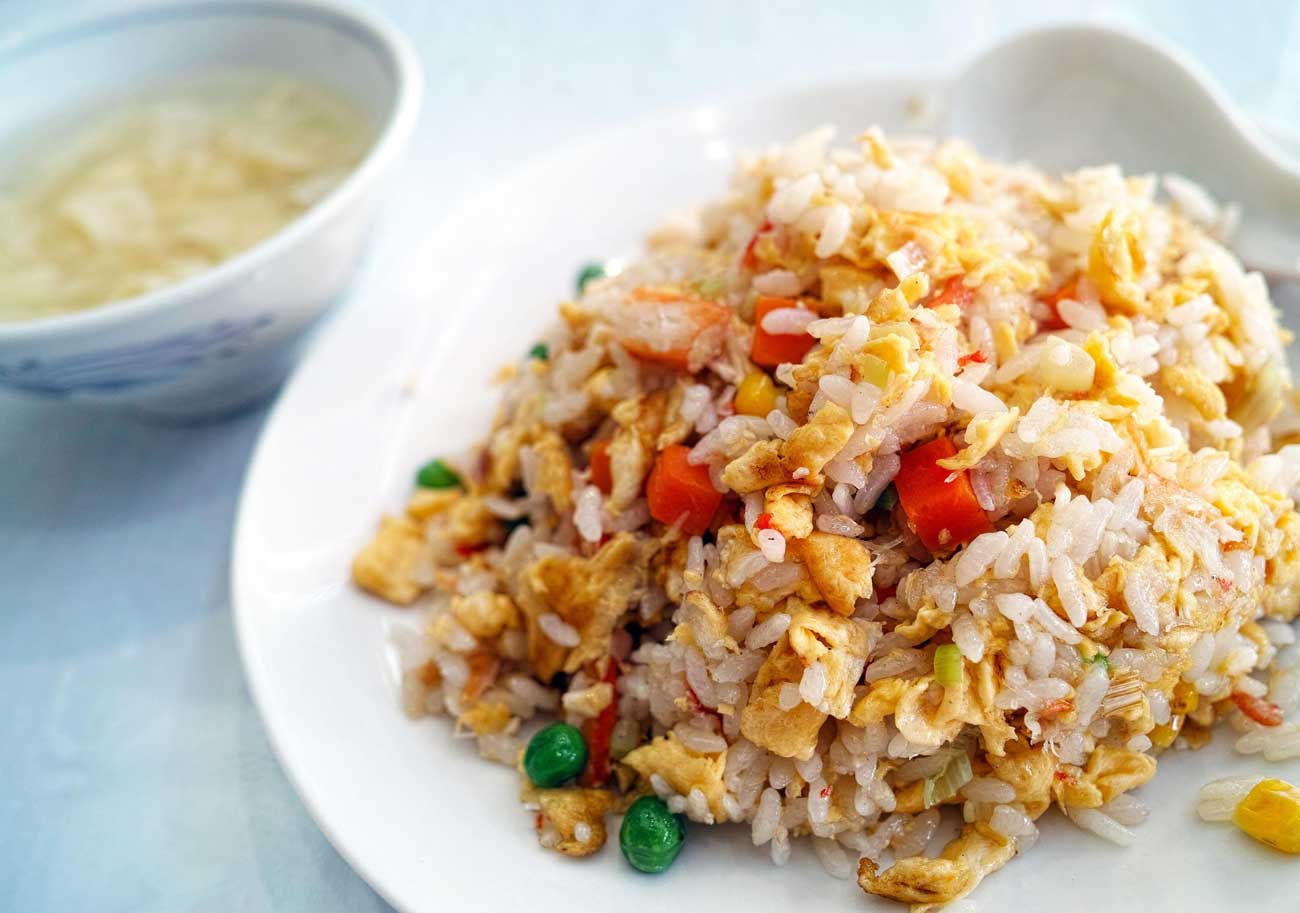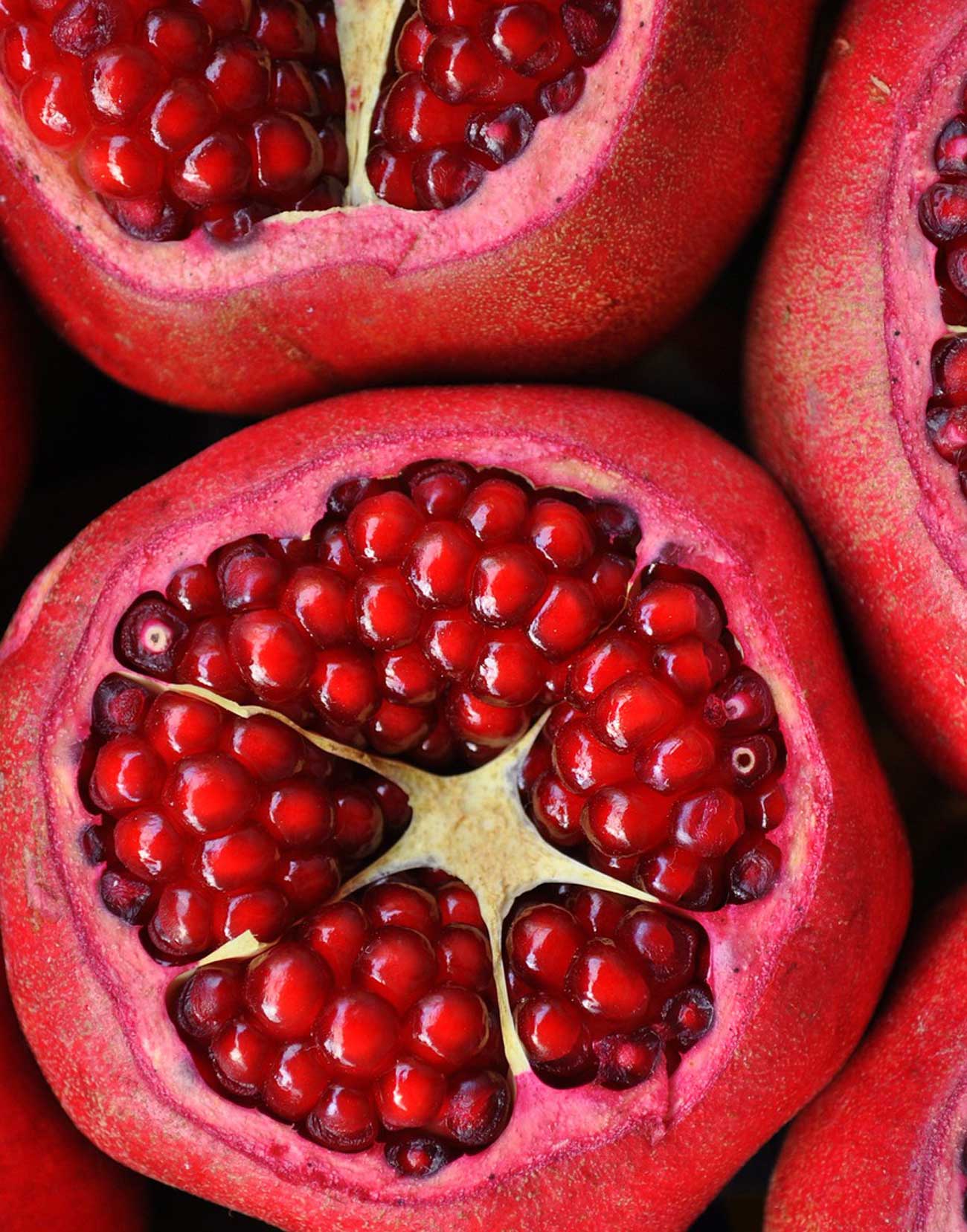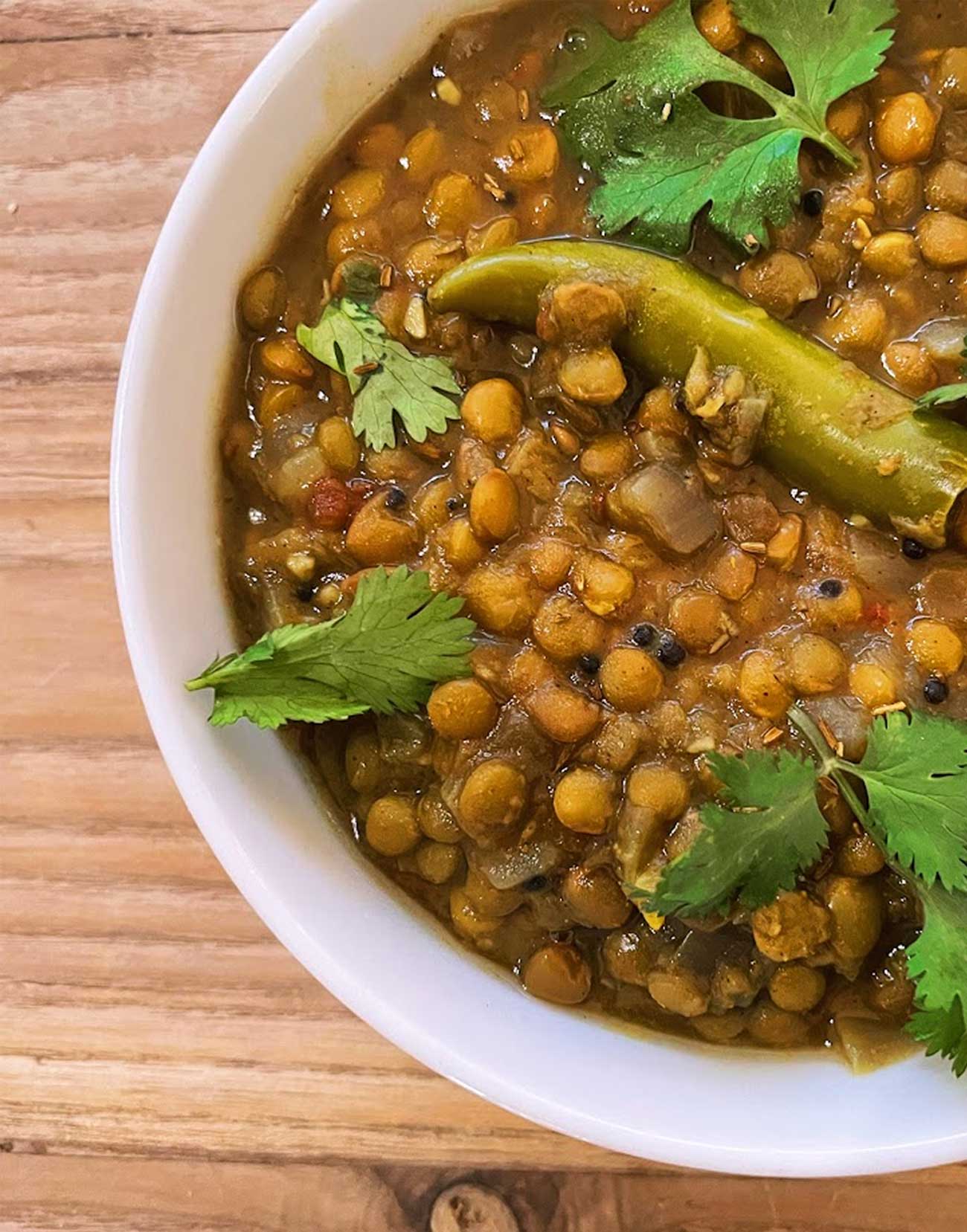
Unlocking the Benefits: Is Rice a Diabetes-Friendly Choice?
Navigating Rice in a Diabetic Diet: Friend or Foe?
Rice, a dietary staple for millions worldwide, has long been a topic of discussion in the context of diabetes management. With the rising prevalence of diabetes, it’s essential to understand how rice fits into a diabetic diet. In this article, we’ll explore the relationship between rice and diabetes, shedding light on whether this carbohydrate-rich grain can be a friend or foe for those with diabetes.
Rice: A Nutritional Profile:
Before delving into its effects on diabetes, let’s take a look at rice’s nutritional profile. Rice is a significant source of carbohydrates, primarily in the form of starch. It provides energy, fiber, vitamins, and minerals, such as B vitamins, iron, and magnesium. However, it’s important to note that the type of rice and its preparation method can significantly affect its nutritional value.
The Impact of Rice on Blood Sugar:
For people with diabetes, managing blood sugar levels is paramount. The glycemic index (GI) is a measure of how quickly a carbohydrate-containing food can raise blood sugar levels. Rice can have varying GI values depending on the type and preparation method.
1. White Rice: White rice has a high GI, which means it can cause a rapid spike in blood sugar levels when consumed alone. This makes it less ideal for individuals with diabetes, as it may lead to post-meal blood sugar spikes.
2. Brown Rice: Brown rice, on the other hand, has a lower GI because it retains its outer bran layer, which contains fiber. This fiber slows down the absorption of carbohydrates, leading to a more gradual rise in blood sugar levels. Brown rice is generally considered a better option for those with diabetes.
3. Wild Rice: Wild rice is another low-GI option, packed with nutrients and fiber, making it a suitable choice for diabetics.
Portion Control Matters:
Whether you choose white, brown, or wild rice, portion control is crucial for diabetes management. Eating reasonable portions helps regulate carbohydrate intake and prevents excessive blood sugar spikes. A registered dietitian can help determine the appropriate serving size based on your specific dietary needs.
Smart Cooking Methods:
How you cook rice also influences its impact on blood sugar. Opt for cooking methods that preserve the nutritional value of rice:
- Steaming: Steaming rice helps retain nutrients and keeps the GI lower than boiling or frying.
- Avoiding Excessive Oil: Refrain from frying rice or adding excessive oil, as it can increase the overall calorie content.
Pairing Rice with Other Foods:
To further mitigate the impact of rice on blood sugar, consider pairing it with foods that have a lower GI. Vegetables, lean proteins, and healthy fats can help balance your meal and prevent rapid spikes in blood sugar levels.
Conclusion:
In the quest to answer whether rice is a friend or foe for individuals with diabetes, it’s clear that the type of rice, portion size, and preparation method all play crucial roles. While white rice may pose challenges due to its high GI, brown and wild rice, when consumed in moderation, can be incorporated into a diabetes-friendly diet. Remember to monitor your blood sugar levels, work with a healthcare professional, and tailor your diet to your individual needs to effectively manage diabetes while enjoying the benefits of rice in your meals.

Unlocking the Benefits: Is Rice a Diabetes-Friendly Choice?
Medical Advice Disclaimer
DISCLAIMER: THIS WEBSITE DOES NOT PROVIDE MEDICAL ADVICE
I am not a doctor. The information, including but not limited to, text, graphics, images and other material contained on this website are for informational purposes only. No material on this site is intended to be a substitute for professional medical advice, diagnosis or treatment. Always seek the advice of your physician or other qualified health care provider with any questions you may have regarding a medical condition or treatment and before undertaking a new health care regimen, and never disregard professional medical advice or delay in seeking it because of something you have read on this website.



